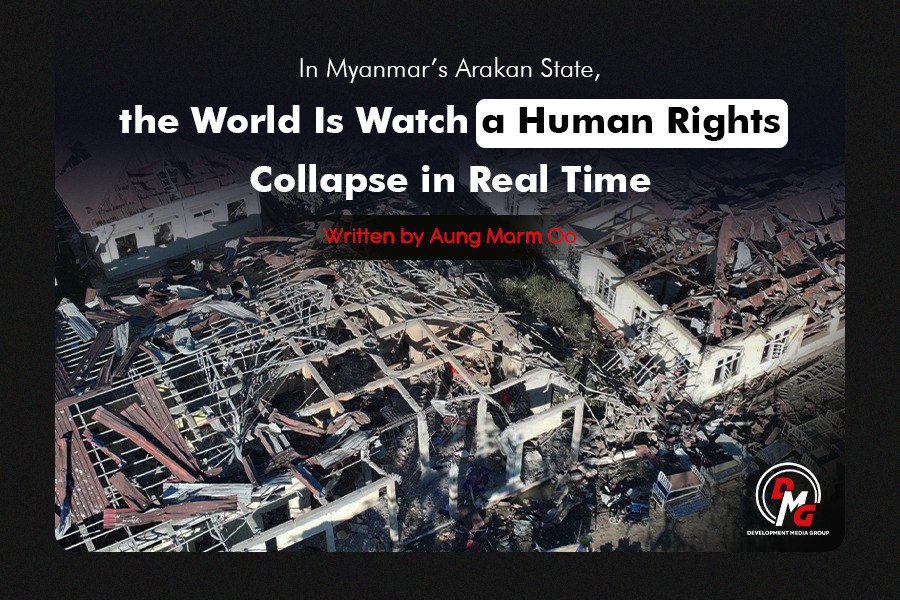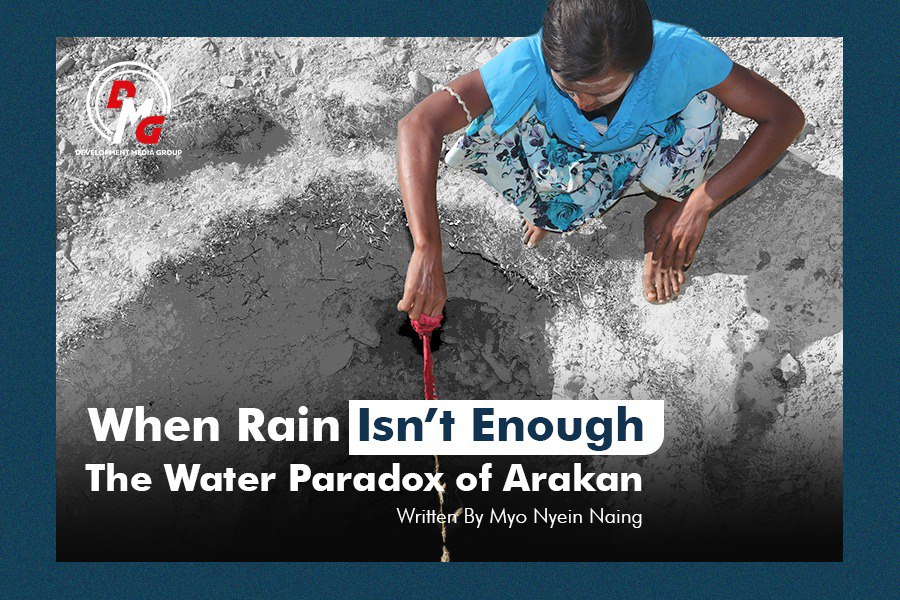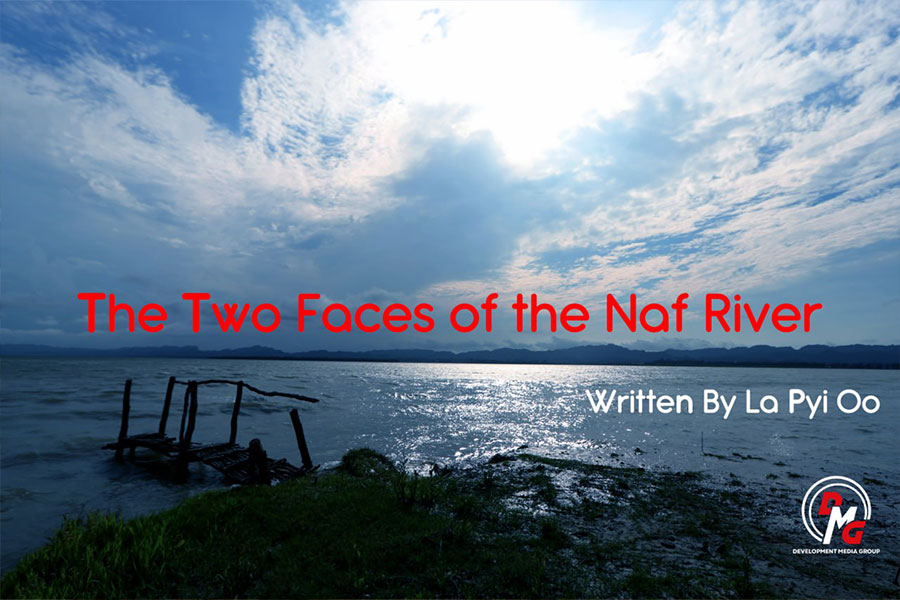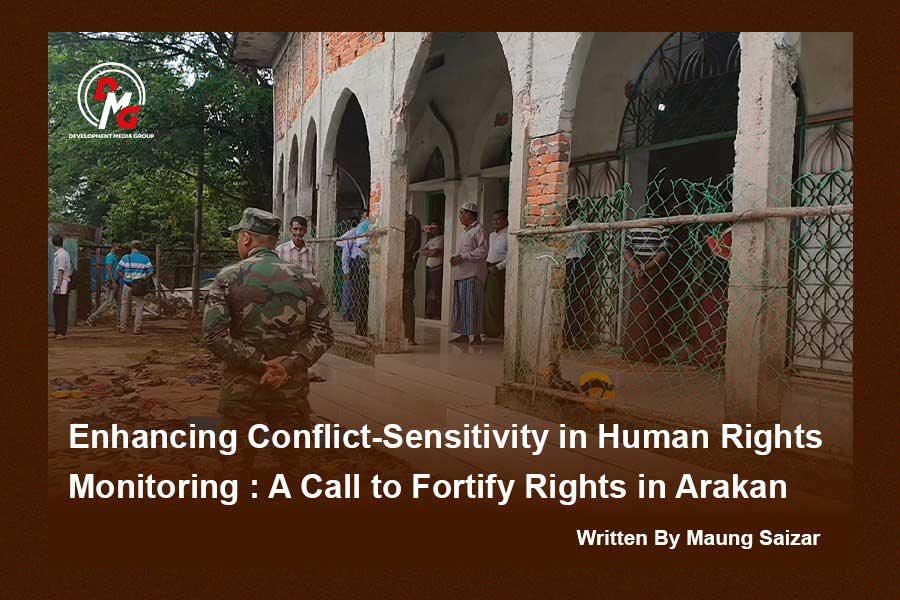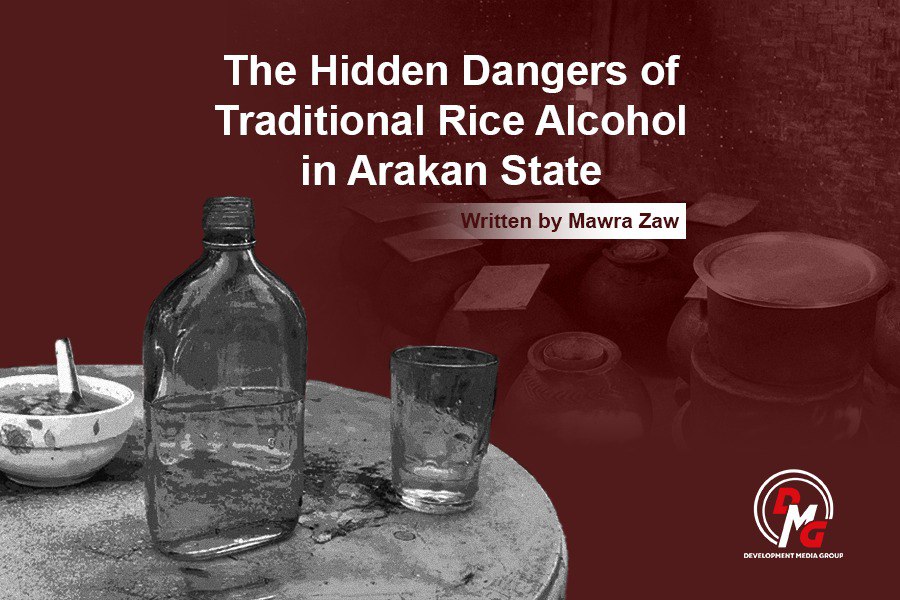- Junta unable to hold elections in dozens of wards and village-tracts in Sittwe, Kyaukphyu
- Fighting escalates between Myanmar military, Arakan Army in Ayeyarwady Region
- Regime steps up civilian arrests in Sittwe
- ULA safeguards Mrauk-U's ancient heritage
- Arakan on the Edge: What the DMG Landmine Impact Report Reveals About Myanmar's Deepening Humanitarian Crisis
The Past is present
The history of the Arakan includes an unforgettable day that happened in Sittwe on 13 August, 1967. It is a loathsome, sad and painful event after the government of that time was treated arbitrarily in the region. The day is referred to as the “rice crisis day” and dozens of local residents were killed.
13 Aug 2019

There have been four dynastic eras in the history of Arakan: Dhanyawaddy, Vesali, Laymro and Mrauk-U. The four dynastic eras of Arakan go back centuries including golden ages and Arakan existed as an independent state until it was conquered by the Burmans in 1784. Forty years later, in 1824, it was annexed by the British and administered as a state of British India by the East India Trading Company.
Following a three year occupation by a Japanese fascist regime (1942-45), the region of Arakan became a part of the Union of Burma (Myanmar) by the post-World War II British government. Since Burma was granted independence in 1948, Arakan has been under the central rule of successive Burmese regimes until the present NLD led government, all of which have ignored and actively suppressed Arakanese calls for meaningful political participation in the spirit of self-determination.
The history of the Arakan includes an unforgettable day that happened in Sittwe on 13 August, 1967. It is a loathsome, sad and painful event after the government of that time was treated arbitrarily in the region. The day is referred to as the “rice crisis day” and dozens of local residents were killed.
The profiteering of the Burma Socialist Programme Party (BSPP) headed by U Ne Win resulted in acute shortages of rice in Arakan State where rice was abundant in previous times. The dictatorial government did not try to resolve problems sparked off by a rice shortage. It gave priority to a longer rule and greater welfare of the dictator.
Arakanese people faced starvation because of the mismanagement of the government.
Arakanese people waged a protest to resolve the famine in the region, but the government that never thought how to solve the problem cracked down on protestors, killing dozens of people and injuring many local residents. The government, however, announced that 24 people were killed. Arakanese people believed that over 300 people were killed on that day. All Arakanese people recorded that day as the Rice Crisis Day in Sittwe.
That day is a sad event for Arakanese people todays. But, the event should not be recorded in the spirit of revenge. The history is recorded as a lesson for people today, both the government and people, not to repeat such a sad event so that a new history can be written about good and happy events.




